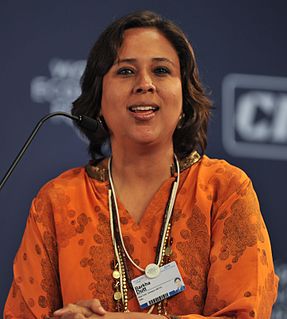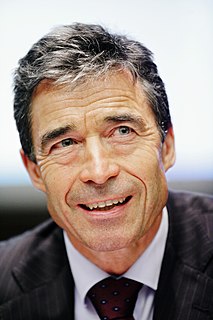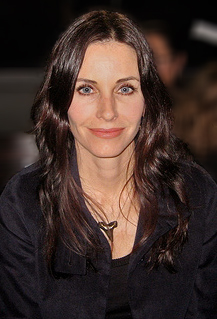A Quote by Aldous Huxley
Parodies and caricatures are the most penetrating of criticisms.
Quote Topics
Related Quotes
I think that it's important to make criticisms of the government as a whole and criticisms of the policies, but to do so in a way that you can invite the individuals who maybe were on the opposition before, or who voted for somebody whom you are in disagreement with... that you open the door for a conversation with those people.
The idea of beauty which man creates for himself imprints itself on his whole attire, crumples or stiffens his dress, rounds off or squares his gesture, and in the long run even ends by subtly penetrating the very features of his face. Man ends by looking like his ideal self. These engravings can be translated either into beauty or ugliness; in one direction, they become caricatures, in the other, antique statues.
There can be no question of selecting in any direction, but of penetrating the whole cosmic law of rhythms, forces and material that are the real world, from the ugliest to the most beautiful, everything that has character and expression, from the crudest and most brutal to the gentlest and most delicate; everything that speaks to us in its capacity as life.
While there are perfectly legitimate criticisms that one can make of Israel or the actions of its government - and I have never been shy about making them - those criticisms cross the line into anti-Semitism when they ascribe evil, almost supernatural powers to Israel in a manner that replicates classic anti-Semitic slanders.





































